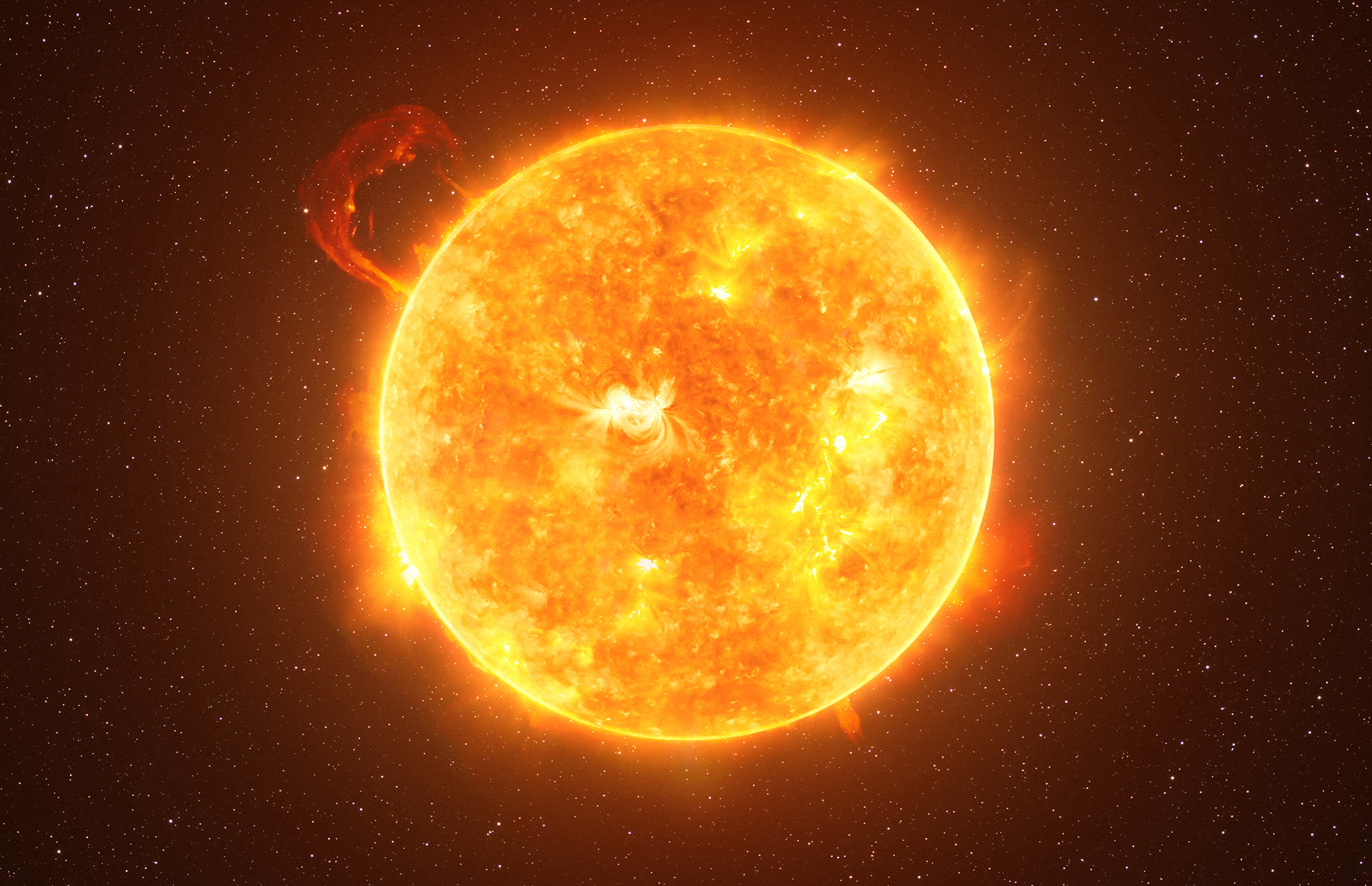The idea of putting something between Earth and the Sun to help combat climate change isn’t a new one. In fact, some have suggested using space bubbles, while others have said that we should mine moon dust and throw it up into space to create a shield. However, the most likely solution could be a giant space parasol that began as a fringe idea and has quickly gained steam over the years.
As I noted above, the idea of using a giant parasol in space isn’t new. It’s been around for years. However, support for this possible climate change solution has grown more over the years. But does that make it a realistic option? Or is it something purely driven by science fiction ideas that we could never meet?
Well, according to some scientists, the idea of using a giant space parasol to cut down on solar radiation isn’t actually all that science fiction. In fact, some believe we could launch a working prototype in just a few years. With Earth at its hottest point in recorded history, that sounds like a good thing, especially if we want to avoid any climate doom loops that may be coming our way.
And we don’t even need to block all of the sun’s radiation. If we can just create a large enough blockage to shade Earth from just two percent of the sun’s radiation, we could cool the planet by up to 1.5 degrees Celsius, the scientists estimate.
The idea is gaining more traction again thanks to a recent study by an astronomer working with the Institute for Astronomy at the University of Hawaii. Istvan Szapudi published a paper that suggests we should tether a giant space parasol to a repurposed asteroid.
From there, scientists led by Yoram Rozen looked deeper at the idea and said that they were actually ready to build a prototype to show that the idea wasn’t impossible. The goal would be to create a swarm of spacecraft that come together to create a giant space parasol and block the sun’s radiation (via The New York Times).
It’s still a huge feat to undertake, though. But, if it actually works, it could mean a drastic step forward in the fight against human-driven climate change. And we could really use a win in that category right now.



